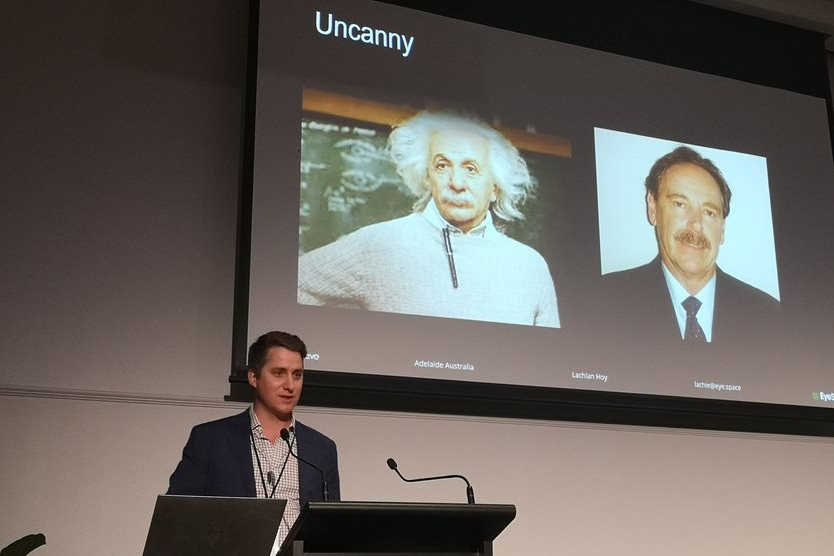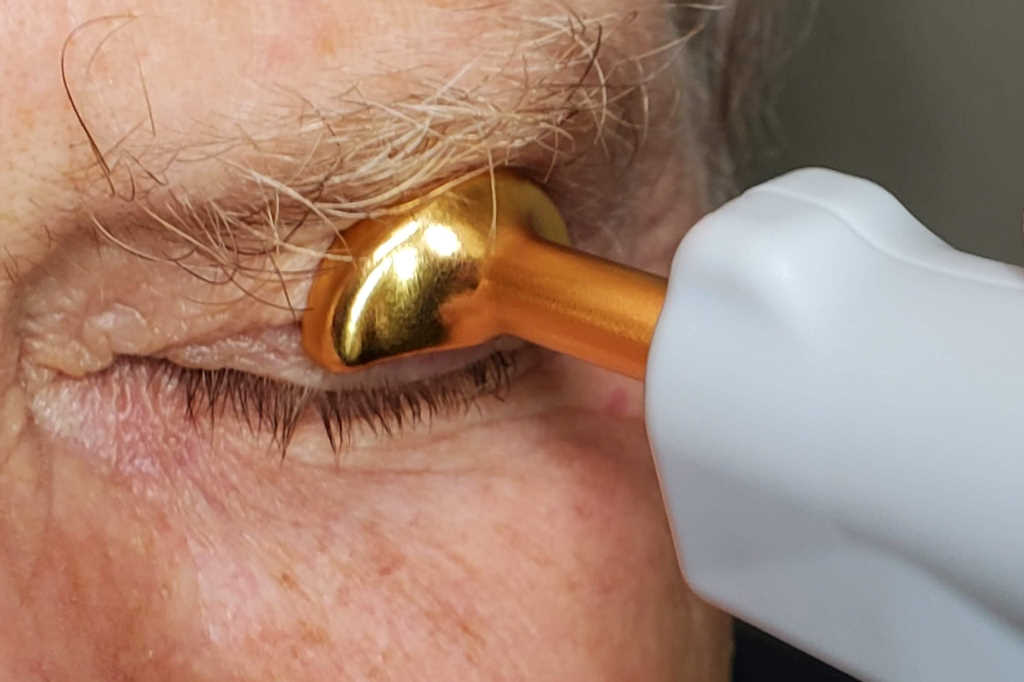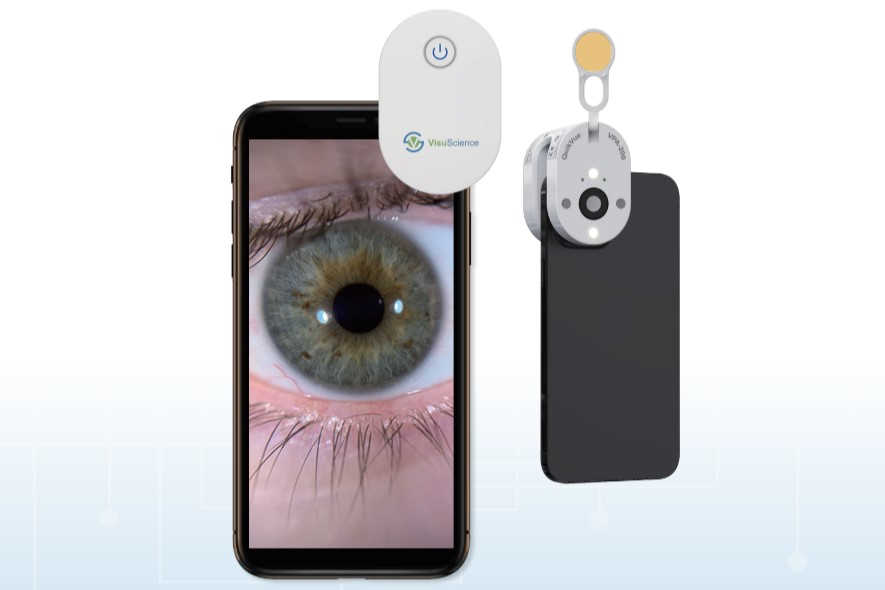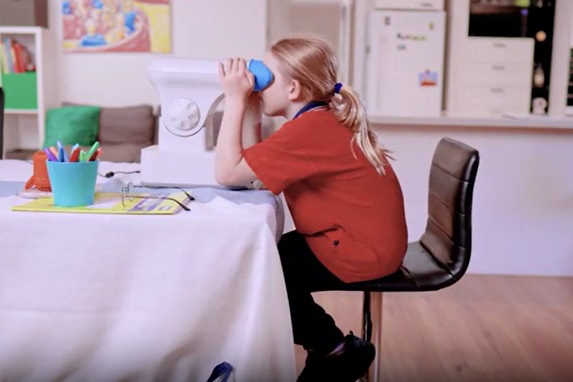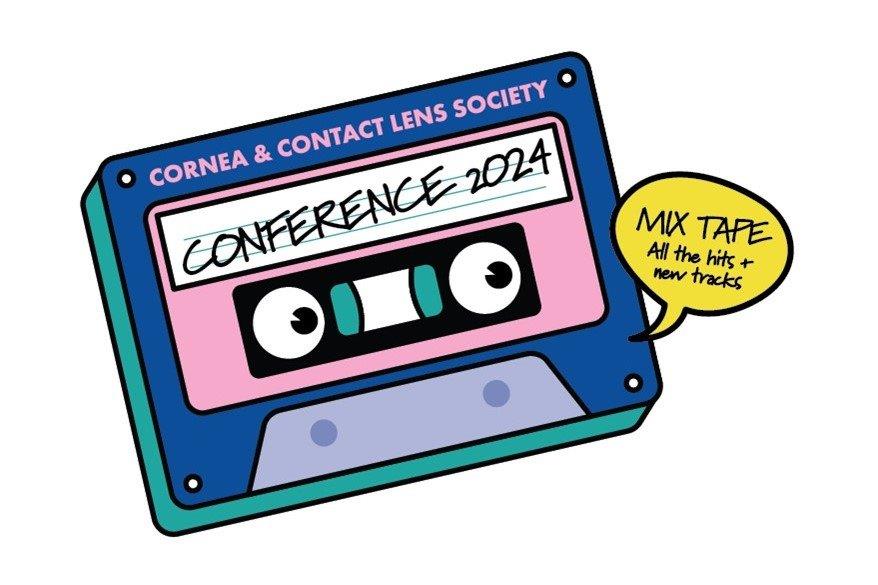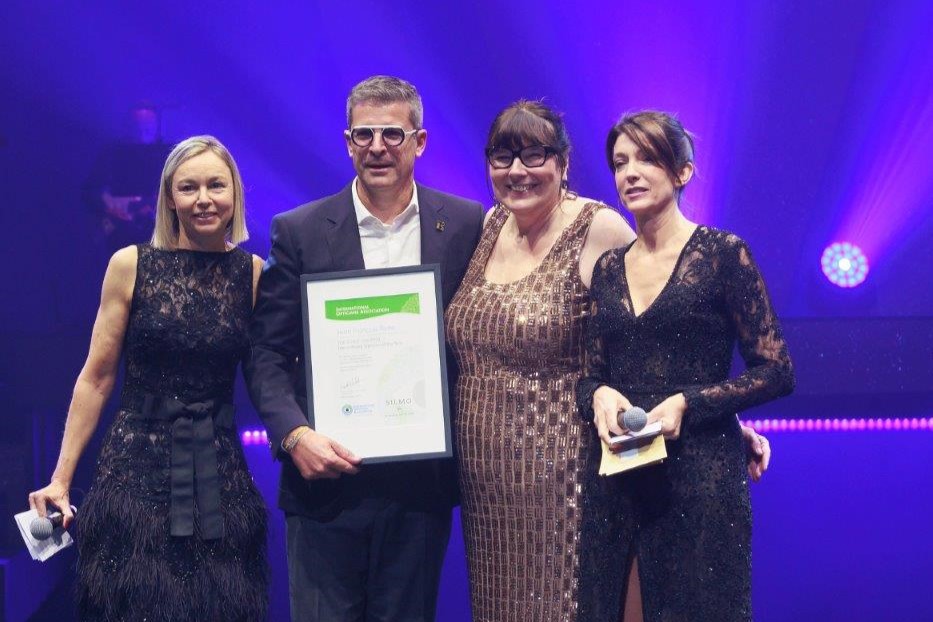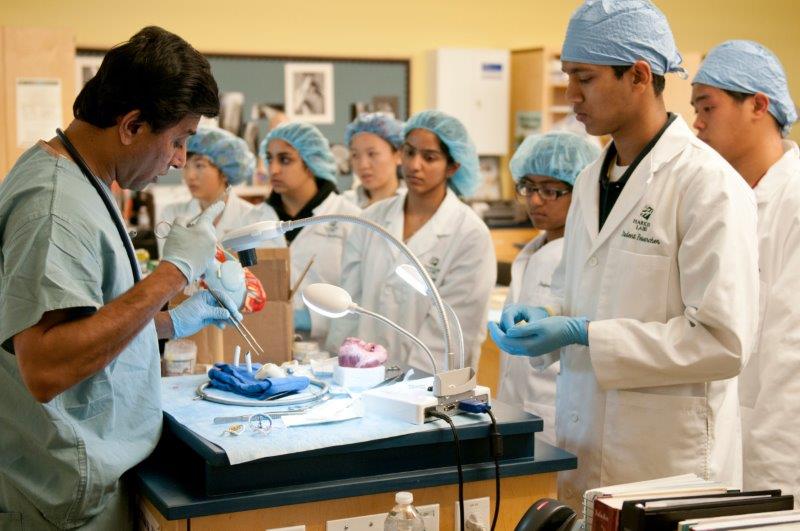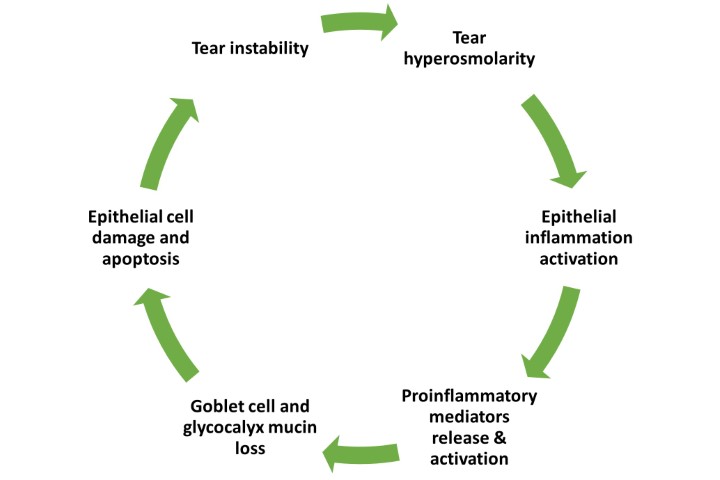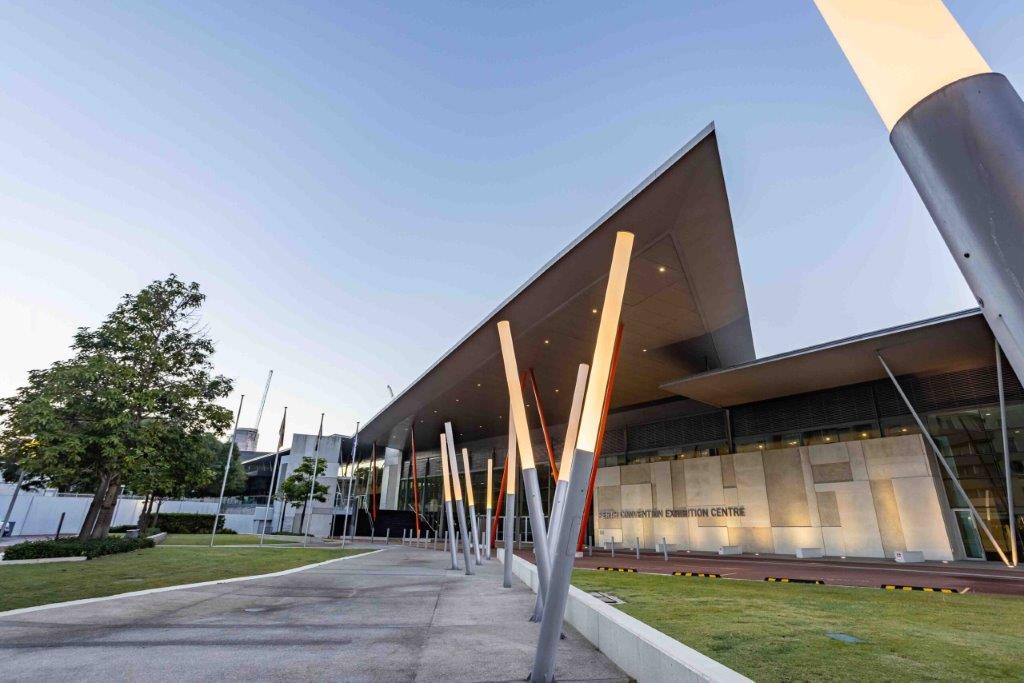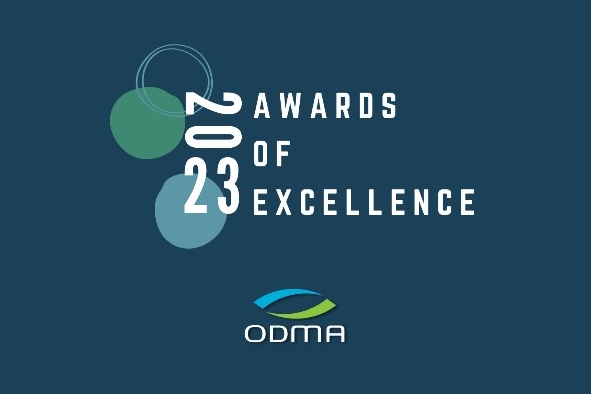CCLSNZ 2023 – this time, it’s personal
The Cornea and Contact Lens Society of New Zealand (CCLSNZ) hosted this year’s Corneal Contact Lens Conference at the Holiday Inn Auckland Airport. Bringing together optometrists, ophthalmologists, researchers and industry experts, the day’s discussions included the latest pharmacological treatments, contact lenses (CLs) and surgical options, software and technology advancements. Despite being offered a hybrid option, it was clear people enjoyed seeing each other kanohi ki te kanohi (face to face), with over 90% of delegates attending in person.
The impressive line-up of speakers included keynote Lachlan Hoy, director of Innovative Eye Care, who treated us to a corneal care and measurement masterclass covering everything from keratoconus, ortho-k, the latest in CL software technology and corneal grafts. A leading practitioner in specialty contact lenses, Hoy presented his learnings from his Adelaide clinics and the development of the Eyespace software tool which has revolutionised how we image and understand all forms of hard contact lenses. His experience using it to design custom lenses for patients with irregular corneas offered some unique and unexpected results, highlighting the complexity of CLs.
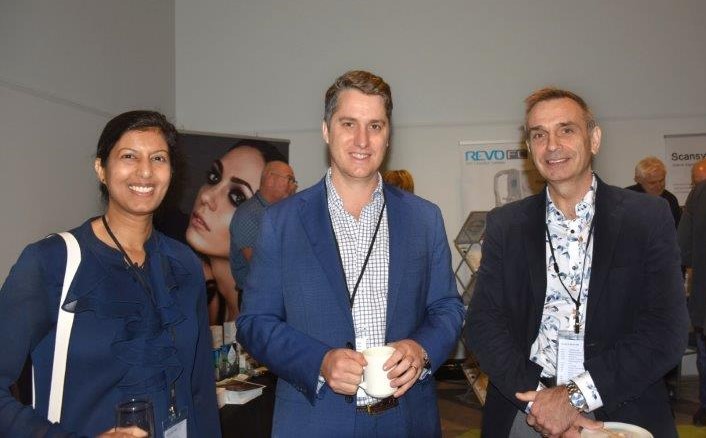
Keynote Lachlan Hoy (centre) with Carissa Fonseca and Prof Trevor Sherwin
The take-home
While rigid CL fitting can be challenging, be bold and give them a go if you’ve not already. The technology available to smooth that journey is a game changer.
Custom CLs
Andrew Kim from Christchurch’s Curtis Vision Optometrists shared case studies for correcting diplopia with rigid CLs. He used topography parameters, patient prescription and advanced software analytics to customise hard CLs tailored to each patient's cornea's unique shape and curvature, correcting vision and eliminating diplopia. This new approach accounts for the lens’ centre of gravity in the design.
The take-home
When fitting patients with custom CLs, a thorough assessment of lifestyle and motivations for CL wear, coupled with corneal topography, prescription, prism magnitude and direction, can help determine the optimal lens design and ensure a successful fit.
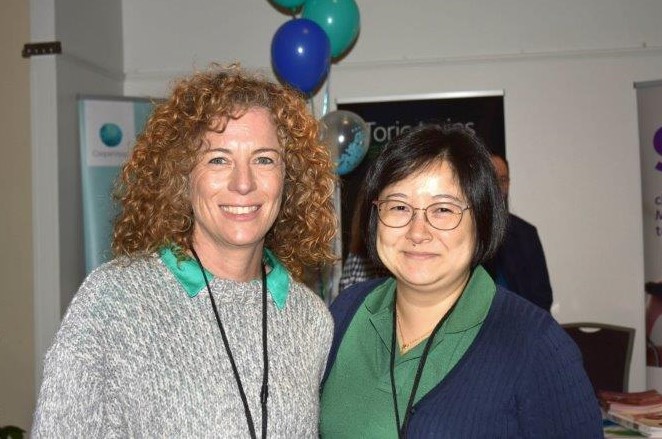
Tracy Thompson and Ming Wang
Myopia control
Myopia, particularly in children and young adults, is a continuing concern among eyecare practitioners. Robert Ng discussed the predicted 400,000 new cases of high myopia in Aotearoa from 2020-2050 and the latest research’s myopia control recommendations. He emphasised the importance of early intervention, understanding the range of treatment options available and regular monitoring to achieve the best possible outcomes. He also noted the role of lifestyle factors such as outdoor activity and screen time in myopia development, especially concerning the increased global device use during and post-Covid.
The take-home
When managing myopia in children and young adults, as diligent practitioners we should consider a range of interventions, including myopia-control CLs, MiSight, ortho-k, myopia-control spectacle lenses (such as Miyosmart and Stellest) and atropine eye drops. Regular monitoring and lifestyle modifications, such as increased outdoor activity using the 20:20:20 rule, can help slow progression.
Pharmacological presbyopia and keratoconus correction
Dr Trevor Gray of Re:Vision piqued our interest in the prospect of pharmacological treatment for presbyopia, with trials well underway in the US and eye drops readily available. Professor Trevor Sherwin then presented his research on Pachymatrix, the novel topical eye treatment for keratoconus, with initial data and trial results looking extremely promising as an alternative to crosslinking.
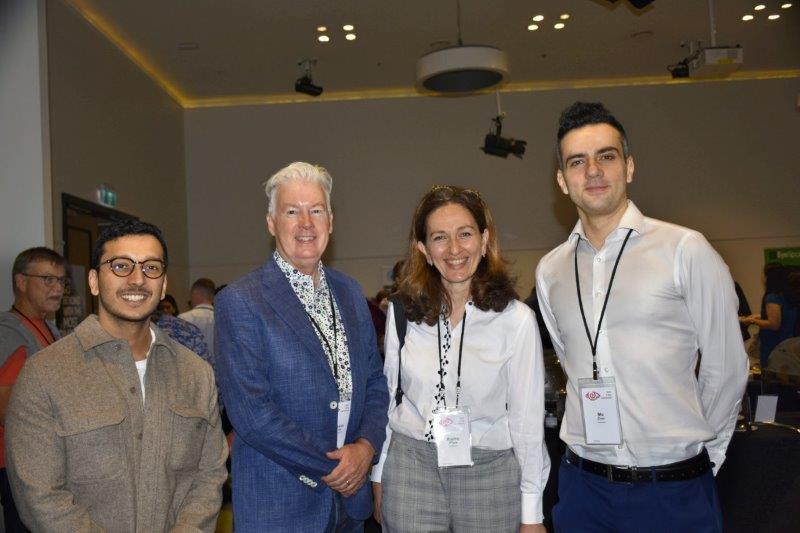
Drs Hans Vellera, Trevor Gray, Rasha Altaie and Mo Ziaei
This was a highly informative and engaging event which provided valuable insights into the latest advancements in corneal and CL technology. As practitioners, staying up-to-date with the latest developments in our field is important to provide the best possible care to our patients to help ensure successful outcomes.

Renata Watene and Jagrut Lallu
Renata Watene is the director and owner of Occhiali Optometrist in Stoneridge and Ponsonby. She was appointed a Kaiāwhina at the University of Auckland School of Vision Science in 2019, where she is a teaching fellow, and is the chair of the Strategic Indigenous Taskforce for the Optometry Council of Australia and New Zealand. Her research includes a multidisciplinary approach to diabetes and the World Health Organization’s eyecare situational analysis tool. She is also a council member of the New Zealand Association of Optometrists.










